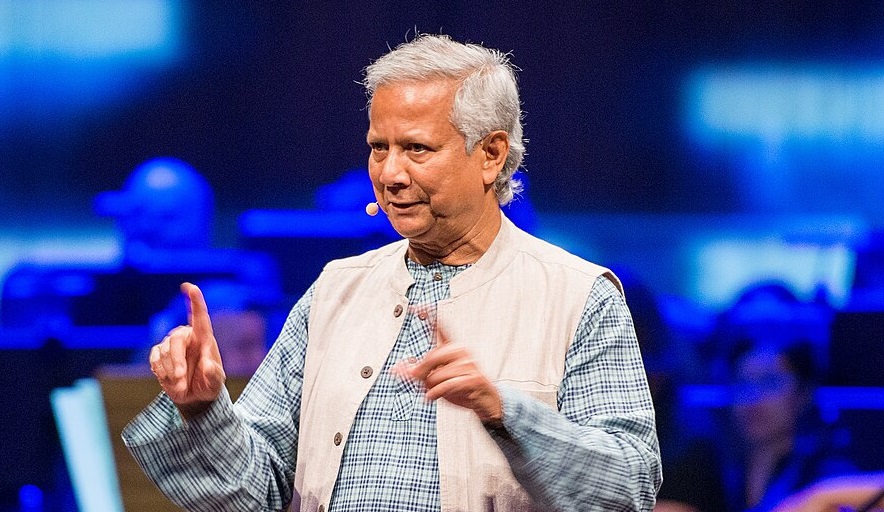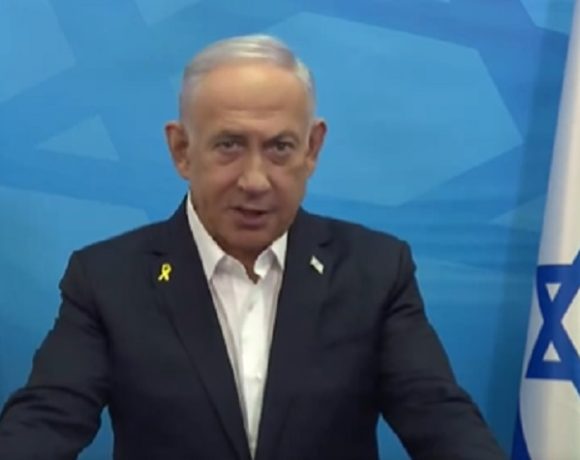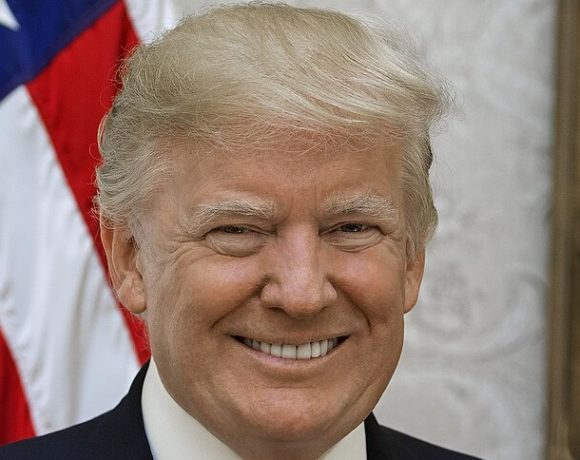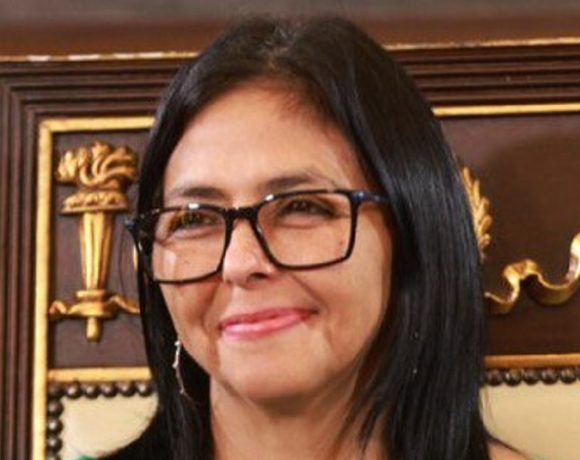
Bangladesh Eyes Closer Ties with Pakistan but Underlying Tensions Remain
Bangladesh has shown signs of wanting to rebuild its diplomatic ties with Pakistan, decades after the bitter 1971 war that led to its independence. Officials from both countries have indicated a willingness to engage more deeply on trade, connectivity, and regional cooperation, signaling a potential thaw in what has long been a strained bilateral relationship.
Recent interactions between the two nations, including backchannel talks and diplomatic messaging, suggest that Dhaka is considering moving beyond the historical baggage of the past. There is growing recognition in Bangladesh’s foreign policy circles that engaging with Pakistan on economic and strategic issues could help strengthen its regional positioning, especially amid growing Chinese and Russian influence in South Asia.
Commercial and Strategic Interests Driving Engagement
Trade appears to be one of the primary incentives behind the renewed interest in bilateral relations. Despite political differences, business lobbies in both countries have long pushed for easier trade channels. With both economies seeking to reduce dependence on distant markets, regional trade offers a practical alternative.
Additionally, issues like cross-border energy cooperation, academic exchanges, and cultural diplomacy are being explored as soft power tools to rebuild confidence. Pakistani officials have reportedly expressed optimism about reviving formal trade ties and opening up diplomatic engagement on multilateral forums.
Muhammad Yunus Controversy Casts Shadow
However, this diplomatic re-engagement is not without complications. A recent development that has stirred unease is the reaction in Pakistan over the legal troubles faced by Bangladeshi Nobel Laureate Muhammad Yunus. While the Pakistani government has officially maintained silence, human rights groups and intellectuals in the country have criticized the perceived political targeting of Yunus by the Sheikh Hasina-led government.
The situation has brought into focus Bangladesh’s internal political climate, with concerns that excessive centralization of power and crackdowns on dissent may raise reputational concerns among prospective partners. Pakistani media commentary has increasingly linked the Yunus case to Bangladesh’s democratic backsliding, complicating the goodwill that diplomatic overtures were intended to foster.
History Still Looms Large
While both countries are trying to frame the current dialogue around economic pragmatism, the unresolved history of the 1971 war continues to shape public sentiment in Bangladesh. The absence of a formal apology from Pakistan for the atrocities committed during the war remains a sensitive topic. This historical wound, combined with ongoing issues related to minority rights and regional security, poses barriers to genuine reconciliation.
Despite these challenges, the effort to revive diplomatic contact reflects a broader shift in South Asian geopolitics. With India tightening its economic and military posture in the region and China deepening its influence, both Pakistan and Bangladesh may find strategic value in diversifying their regional partnerships.


















